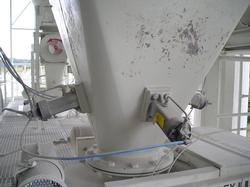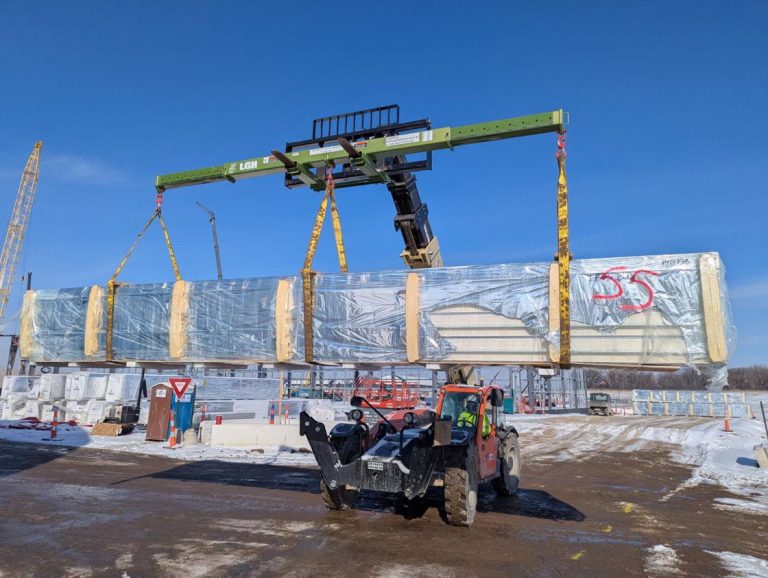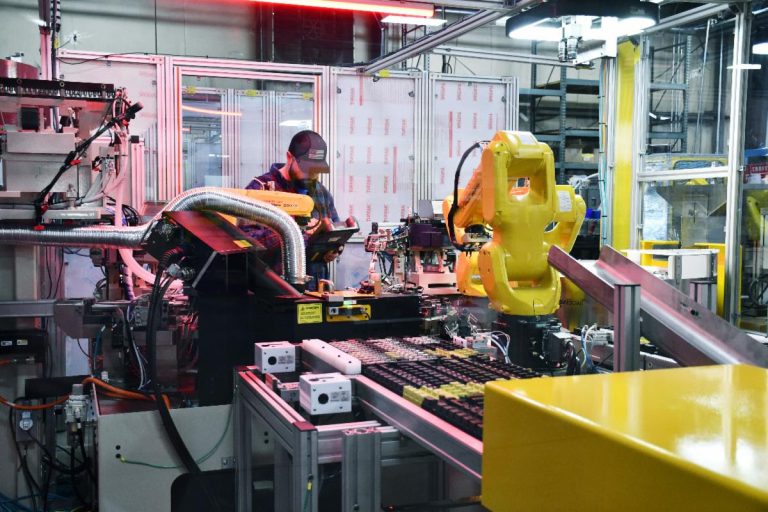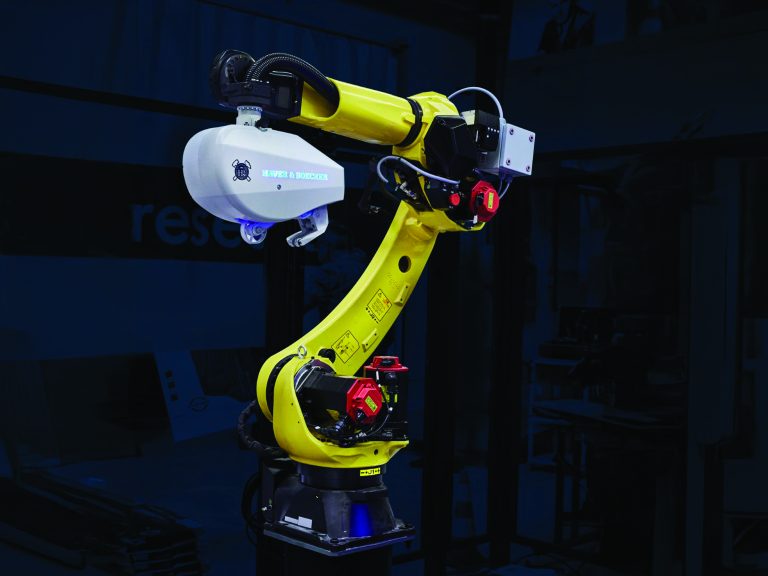The new PKL® Series Interval Impactors from Martin® Vibration Systems are designed to deliver the force needed to dislodge sticky materials from process vessels, chutes, pipes, storage bins and dust collectors. The very high acceleration generates individual blows similar to a hammer, while reducing noise and energy costs, as well as the potential for bin damage and injury. Based on individual application requirements, the company can supply interval impactors providing from 120-1700 pounds of force to move material that resists the effects or rotary vibration. “The PKL Series is very effective at moving sticky materials from a wide range of storage vessels,” commented Mike Lindbeck from MVS. “It also works well clearing dusty residues and breaking up accumulation, helping bulk material handlers avoid bridging and ‘ratholing’ that can strangle flow rates,” he said. With variable impact frequency from 10 to 60 per minute, the PKL 2100 can be tuned to suit specific material characteristics and operating environments, minimizing noise, energy costs and equipment damage without the need for an external timer. The low operating frequency combined with the “air-against-spring” design translates to very low energy usage, yet the new impactors deliver 30% more force than preceding designs. The PKL Series Impactors can operate from supplied air pressure from 45-115 PSI, with a 5-micron filter, pressure regulator and lubricator. They are designed for a maximum operating temperature of 250ºF (121ºC), with high-temperature models capable of handling up to 320ºF (160ºC). Options include stainless steel construction, ATEX certification and portable Vac-MountTM units. Available in six different body sizes, the PKL Series is well suited for use on spray dryers, transfer pipes, cyclones, chutes and ash hoppers. By effectively preventing build-up and blockages, the units contribute to greater process efficiency, while helping to reduce maintenance and downtime. All PKL Series Impactors are covered by a full three-year warranty when operated within recommended limits.











